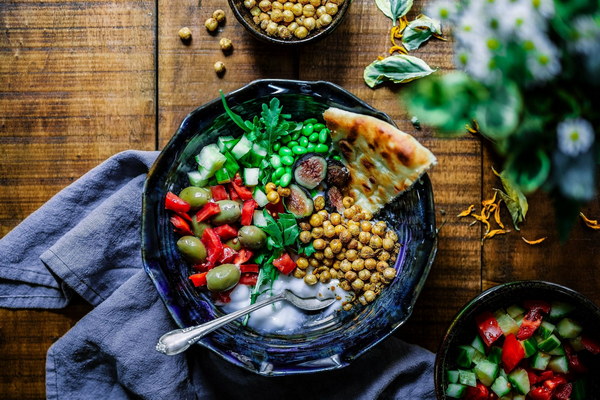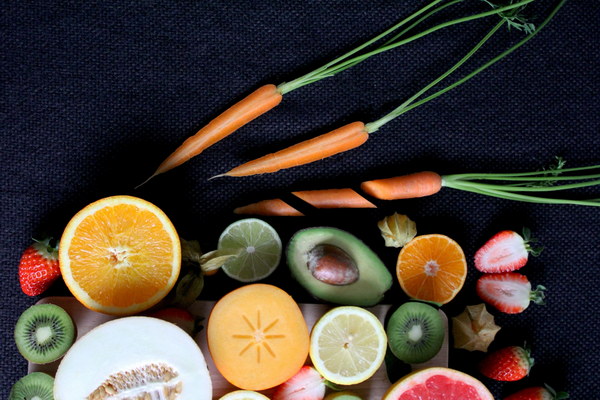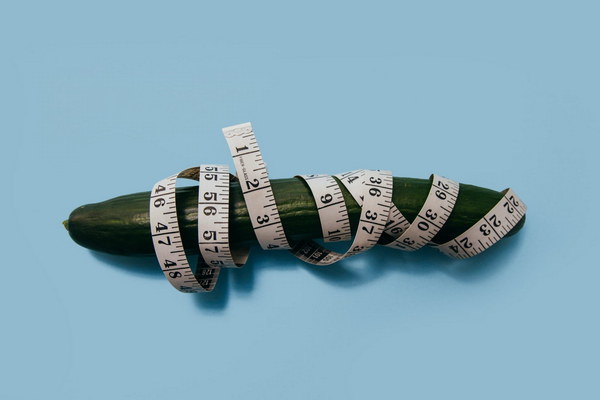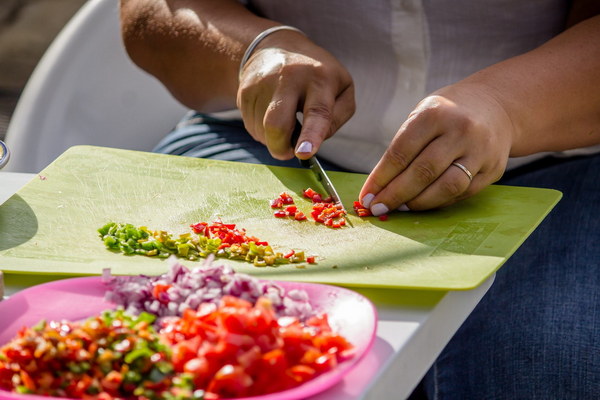Unlocking Digestive Health The Wisdom of Chen Feisong on Nurturing Your Spleen and Stomach
In the realm of traditional Chinese medicine, the concept of nurturing the spleen and stomach is a cornerstone of health and well-being. Chen Feisong, a renowned authority in the field, has dedicated his life to studying and promoting the importance of a healthy digestive system. This article delves into the wisdom of Chen Feisong, offering insights on how to cultivate a robust spleen and stomach for a healthier life.
The Spleen and Stomach: The Core of Qi
In traditional Chinese medicine, the spleen and stomach are considered the primary organs responsible for the transformation and transportation of nutrients. They are often referred to as the engine of the body, as they work together to ensure the proper absorption of nutrients and the distribution of energy (Qi) throughout the body.
Chen Feisong emphasizes that a healthy spleen and stomach are crucial for maintaining overall well-being. The spleen and stomach are the root of Qi, and when they function optimally, the body is strong and disease-resistant, he explains. However, when the spleen and stomach are weakened, it can lead to a host of health issues, including fatigue, digestive disorders, and even chronic conditions.
Balancing Diet and Lifestyle
One of the key principles in nurturing the spleen and stomach, according to Chen Feisong, is to maintain a balanced diet. A diet rich in easily digestible, warm, and moist foods is ideal for strengthening the spleen and stomach, he advises. This includes foods such as rice, millet, and other grains, as well as vegetables like carrots, potatoes, and yams.
Furthermore, Chen Feisong emphasizes the importance of avoiding cold, raw, and difficult-to-digest foods, which can burden the spleen and stomach. Cold foods can damage the spleen and stomach, leading to digestion issues and a weakened immune system, he warns.
In addition to diet, lifestyle plays a significant role in the health of the spleen and stomach. Chen Feisong recommends regular exercise to improve circulation and promote the flow of Qi. Activities such as tai chi, qigong, and gentle walking are particularly beneficial for strengthening the spleen and stomach, he says.
Herbal Remedies and Acupuncture
Another aspect of nurturing the spleen and stomach, according to Chen Feisong, is the use of herbal remedies and acupuncture. Herbs like atractylodes, codonopsis, and hoelen are known to tonify the spleen and stomach, he explains. These herbs can be used in combination to address specific issues, such as fatigue, bloating, and digestive discomfort.
Acupuncture, too, can be a powerful tool for balancing the spleen and stomach. Acupuncture points such as Stomach 36 and Spleen 6 are particularly effective for supporting the health of the spleen and stomach, Chen Feisong notes. These treatments can help alleviate symptoms and promote overall well-being.
Mindfulness and Stress Management
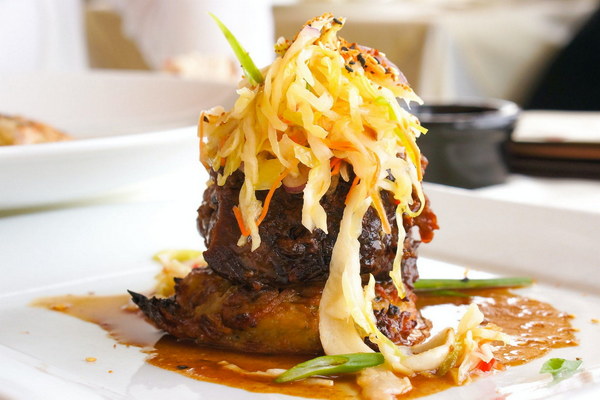
Lastly, Chen Feisong emphasizes the importance of mindfulness and stress management in nurturing the spleen and stomach. Stress can significantly impact the functioning of the spleen and stomach, leading to digestive issues and other health problems, he says.
To counteract stress, Chen Feisong recommends practicing mindfulness and meditation. By focusing on the present moment, we can reduce stress and improve the overall health of our body and mind, he explains.
Conclusion
In conclusion, Chen Feisong's wisdom on nurturing the spleen and stomach offers valuable insights into the importance of a healthy digestive system. By balancing diet, lifestyle, and incorporating herbal remedies and acupuncture, we can strengthen our spleen and stomach, leading to improved overall health and well-being. Remember, a robust spleen and stomach are the foundation for a vibrant life, and following Chen Feisong's advice can help us achieve that state of optimal health.

